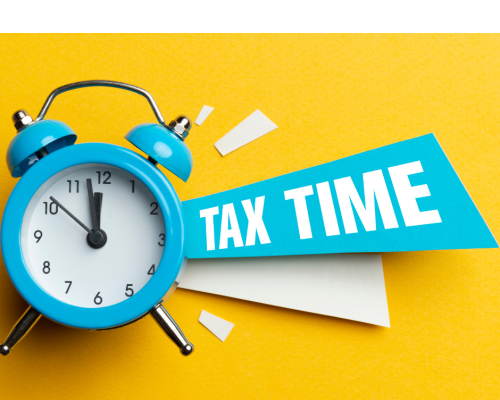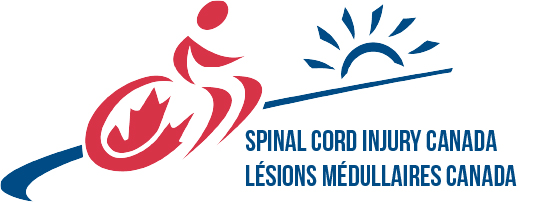Reasons to Save Your Receipts All Year

Chances are, you deal with a long list of disability-related expenses that many other people don’t think about. Perhaps you pay for specialized equipment, housing adaptations, vehicle modifications, or endless therapy appointments. Even minor expenses, when they’re constant, can burn through your budget. You might spend more than the average person on taxis, custom-made clothing, dietary restrictions or just an extra pair of hired hands to help around the house.
According to the Canadian Disability Policy Alliance, a typical individual shells out a third or even half of their disposable income on expenses directly related to their disability. In fact, if you add up all the extra money you’re paying over your lifetime, it’s probably at least $100,000 – and could be as much as three million dollars!
Fortunately, there are a few federal government programs that can make a difference. Although they’re not going to put three million bucks back in your pocket, they can soften the blow. But it’s up to you to go after them!
Claim the Disability Tax Credit.
You may already be aware of this annual tax credit, which reduces the income tax you have to pay if you have a disability (in 2023, for example, you could get a deduction of $9,428 from your income). But did you know you can also back-claim it for up to 10 years, if you were eligible at the time?
Write off medical expenses.
Of course, the cost of your prescription drugs and dental appointments can be claimed on your tax forms. But there’s a much wider range of medical expenses that are considered acceptable, as long as you have a receipt – and, in a few cases, a doctor’s prescription. These include catheters and other urinary supplies, wheelchair repairs, medical marijuana, a hospital bed, compression stockings, and any attendant services that came out of your own pocket. You can claim your moving expenses if you’re relocating to a more accessible place. You can claim travel expenses for medical appointments that are more than 40 km from your home. You can even claim certain renovations to make your house more accessible.
Don’t forget the Home Accessibility Tax Credit.
If you modified your home to make it more accessible or give you more independence, you can claim a credit equivalent to 15 percent of your expenses (up to $1,500). Bonus: If the modification qualifies, you’re allowed to use the receipt twice – for the Home Accessibility Tax Credit and as a medical expense.
Claim any costs you incurred to go to work or school.
If you paid for certain goods or services – the list includes note-taking services and voice-recognition software – in order to attend school or do your job, you can claim these expenses as Disability Supports Deductions. [6] (If you’ve already claimed these as medical expenses, you can’t use them here, but you could decide to split them up between the two categories.)
Add up your gas receipts.
If your disability makes it difficult or impossible to use public transportation, you can apply for the Federal Excise Gasoline Tax Refund. You’ll get back a portion of the tax you spent on gas. Be warned, it’s a lot of math for a relatively modest refund, and there are rules to follow about when and how often you submit your claim. But at the end of the day, it’s cash you wouldn’t otherwise have in hand.
Collect your charitable receipts.
You probably know that all those donations to your favourite causes can be used to lower your income tax. [8] But if you’re a member of any disability organizations, you might not realize that your membership fees may also qualify as charitable donations… and likewise, be eligible for a tax credit.
Know your receipt rules!
- Receipts can be in paper or electronic form, as long as they’re legible.
- Receipts have to show the following:
- the date of payment
- a description of what you paid for
- the name and address of the company or person that supplied the product or service
- a line showing the GST/HST charged, if any.
- Additional requirements for charitable donation receipts include a government registration number. If this number doesn’t appear on your receipt, you can’t claim it as a donation.
- Lastly, a receipt doesn’t have to be on letterhead or look fancy. Even a handwritten receipt from your attendant is acceptable, as long as it includes the right information.
Links:
1. https://www.disabilitypolicyalliance.ca/wp-content/uploads/2016/02/CDSP-270116-1.pdf
2. https://www.disabilitypolicyalliance.ca/wp-content/uploads/2016/03/Jan-2016.pdf
